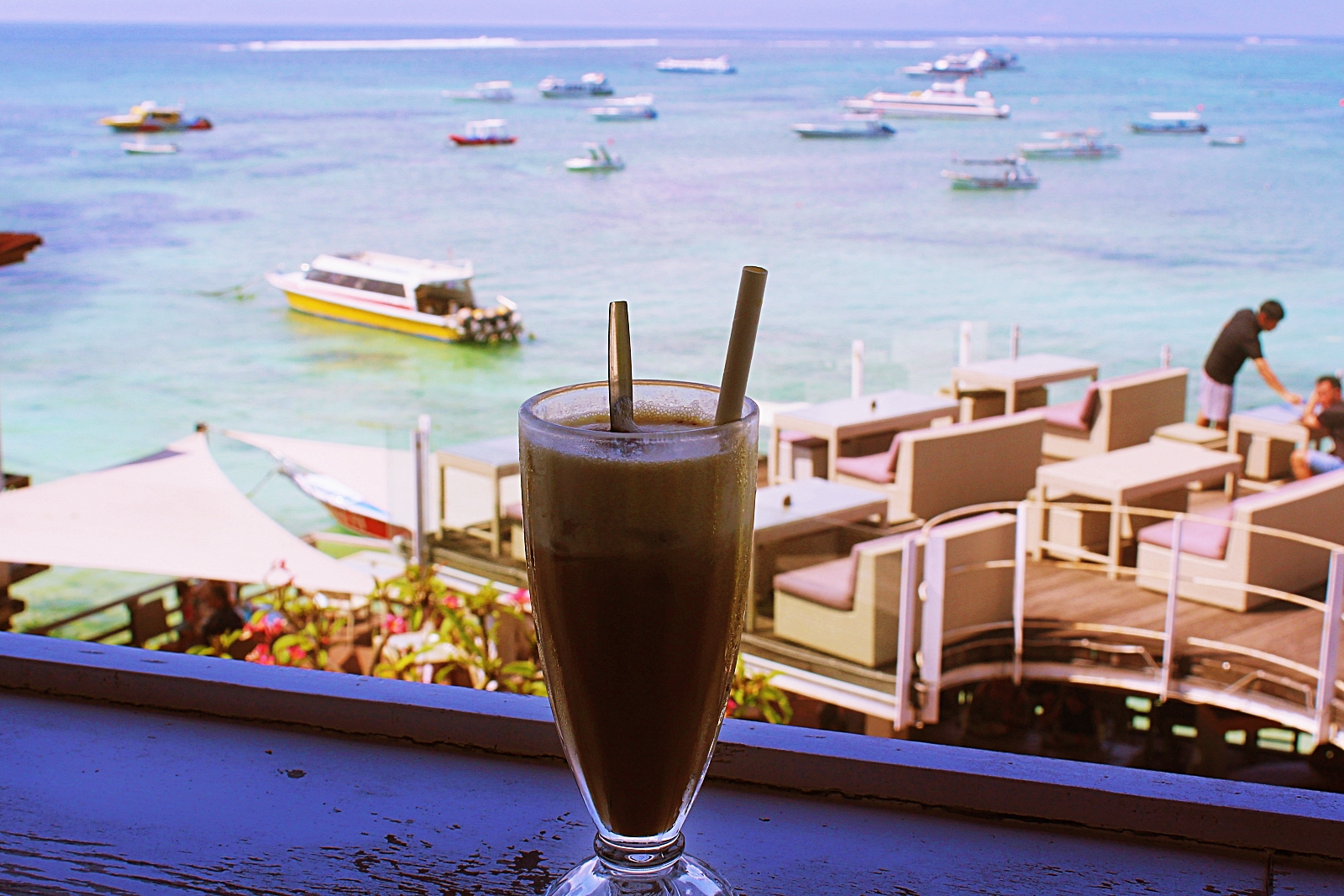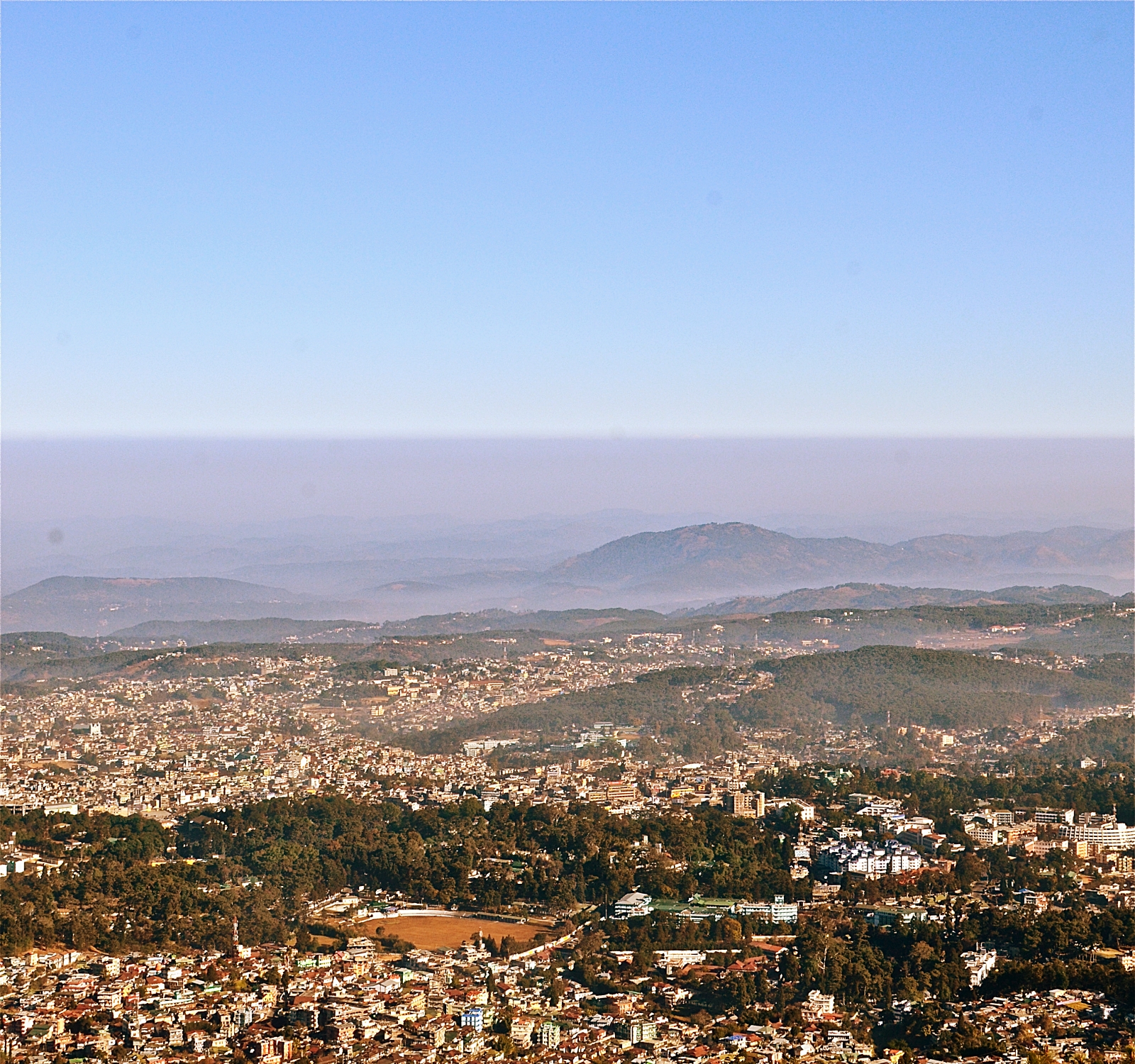Tackling the Mystery: Who Founded Coffee?
From its origins in the Ethiopian highlands over a thousand years ago to its current status as the world’s favourite beverage, coffee has become a symbol of the culture and traditions that have grown around it. Its aroma and taste have been enjoyed by nearly every culture on the planet. Its influence can be seen everywhere, from the cafés in Europe to coffee shops across America.

Coffee has been found to have many health benefits and has been used to aid in physical and mental wellness. It has also evolved to become more than just a beverage, but a part of everyday life. In this blog, we will explore the history, benefits, and global reach of coffee, as well as its impact on society and the environment. Finally, we will discuss how coffee culture has changed and how it can be used to make a positive difference in our lives.
Table of Contents
The History of Coffee and its Origins
Coffee has been an integral part of the culture for centuries. Its origin can be traced back to the ancient Ethiopian empire, where it was first discovered by shepherds. The beans were found to have an energizing effect, and the beverage quickly spread throughout the Middle East, eventually being taken up by the Ottoman Empire in the 1600s. It quickly became a popular drink of choice in Europe, and its popularity only continued to grow throughout the following centuries.
Today, coffee is enjoyed around the world, and it is one of the most popular beverages in the world. Coffee is not only a delicious and energising drink, but its history is fascinating and it stands as a testament to how far-reaching the impact of culture can be.
The Benefits of Coffee for Health and Wellness
Coffee is an incredibly popular beverage enjoyed by millions of people around the world. It is not only delicious but it also offers numerous health benefits. Research has shown that drinking coffee can have a positive effect on overall health and wellness. Coffee is loaded with antioxidants and can help reduce inflammation, protect your heart, and improve mental alertness.
It can also reduce your risk of certain chronic illnesses such as Alzheimer’s disease and Parkinson’s disease. Additionally, coffee can boost your energy levels and help you concentrate better, making it a great choice for those looking for an extra boost of energy during the day. So, if you’re looking to improve your health and wellness, consider adding a cup of coffee to your daily routine.
How Coffee Has Evolved Over Time
Coffee has been around for centuries, but in the modern world, it’s impossible to imagine life without it. From its humble beginnings as a wild plant in Ethiopia, coffee has undergone countless transformations, becoming a beloved beverage around the globe. Today, we can enjoy coffee in countless ways, from a simple shot of espresso to a creamy cappuccino. Every cup of coffee is a reminder of the long, fascinating journey it has taken to get here.
Coffee has been embraced by cultures around the world, each putting its spin on it. The Italians perfected the art of espresso, while the French created the café au lait. In the United States, coffeehouses have become a haven for people from all walks of life, where conversations can be had and ideas can be exchanged.
Coffee has come a long way since its early days, and with advances in technology and agriculture, it is sure to continue to evolve. As we continue to explore new ways to enjoy coffee, we will also be keeping alive the traditions of the past. No matter how we choose to drink our coffee, we can be sure that it has a rich history that will continue to shape our future.
How Coffee Culture Has Changed Society
For centuries, coffee has played an integral role in the socialisation of people all around the globe. From its humble beginnings as an import from Ethiopia and Yemen, coffee has gone on to become a beloved beverage and a cornerstone of social gatherings. Its effects on society have been both subtle and profound, and its popularity shows no signs of waning.
In recent decades, coffee culture has evolved significantly and has now become a defining feature of modern society. Coffeehouses and cafes are now commonplace, and people of all ages and backgrounds gather to discuss current topics, make friends, and enjoy a cup of Joe. This culture has changed the way people interact, with more casual socializing being the norm.
The rise of coffee culture has also been beneficial to our economy. Coffeehouses have become hubs of small businesses, and the demand for coffee has grown exponentially. This has led to the growth of the coffee industry, which now employs millions of people and has a global reach.
Coffee culture has had a profound effect on the way we live and interact. Its rise has made it easier to meet new people and has provided an opportunity for small business owners to thrive. Whether you are an avid coffee-lover or simply someone who enjoys the occasional cup, one thing is for sure: Coffee culture has changed the way we socialize and will continue to do so for many years to come.
The Impact of Coffee on the Environment
Coffee is one of the most popular beverages in the world, but it also has a significant impact on the environment and its consumers. Coffee production requires large amounts of resources, such as land, water, and energy, and has been linked to deforestation and soil erosion. The production process also creates emissions of carbon dioxide and other pollutants, leading to climate change. Coffee consumption also affects consumers. Many studies have linked high levels of caffeine consumption to an increased risk of heart disease, and some research has suggested a link to cancer.
Despite the potential impacts, coffee is still a popular beverage enjoyed by millions of people every day. Some steps can be taken to reduce the environmental impact of coffee production and consumption, such as using sustainable and organic farming practices, reducing water use and energy consumption, and using recyclable containers. Consumers can also reduce their health risks by limiting their caffeine intake and avoiding sugary additives. By taking these steps, we can enjoy coffee without sacrificing the environment or our health.
The Global Reach of Coffee
Coffee has become a global phenomenon, transcending cultures and regions to become a widely accepted beverage in many countries around the world. According to a survey conducted in 2019, coffee is the second-most-consumed drink in the world, second only to water. With the rise of coffee shops and speciality coffee drinks, the popularity of coffee has grown exponentially.
It is estimated that more than 2.25 billion cups of coffee are consumed each day, and the global coffee market is expected to reach $100 billion by 2024. Coffee is more than just a beverage; it is an experience that brings people of all cultures together. From small towns to big cities, coffee brings people together, allowing them to share stories, conversations, and moments that can last a lifetime. Coffee is truly an international powerhouse and its reach knows no bounds.
In conclusion, coffee has had a long and storied history, from its early origins to its current global reach. It has had a positive impact on society, helping to bring people together, and has had several health benefits for those who consume it responsibly. It is important to remember that coffee does have a negative environmental impact and its production can be labour-intensive. However, with the right practices in place, it can be a sustainable and enjoyable addition to our modern lifestyles.



